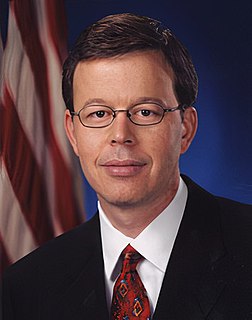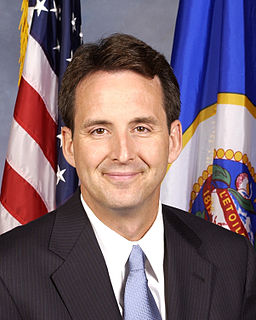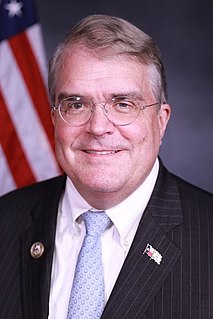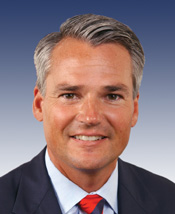A Quote by Michelle Alexander
In the war on drugs, state and state law enforcement agencies have been rewarded in cash by the federal government - through programs like the Edward Byrne Memorial Grant program - for the sheer numbers of people arrested for drug offenses.
Related Quotes
To make matters worse, federal drug forfeiture laws allow state and local law enforcement agencies to keep, for their own use, up to 80 percent of the cash, cars, and homes seized from suspected drug offenders. You don't even have to be convicted of a drug offense; if you're just suspected of a drug offense, law enforcement has the right to keep the cash they find on you or in your home, or seize your car if drugs are allegedly found in it or "suspected" of being transported in the vehicle.
[T]ake the war on drugs. The average American says, "The war on drugs has been beneficial." The rest of us see reality. This war has destroyed thousands of Americans. It is also a pretext for government agents to rob innocent people in airports and on the highways - they seize and confiscate large amounts of cash and say to their victims: "Sue us if you don't like it." And more and more judges, politicians, intelligence agents, and law-enforcement officers are on the take - as dependent on the drug-war largess as the drug lords themselves.
The federal government overrules state laws where state laws permit medicinal marijuana for people dying of cancer. The federal government goes in and arrests these people, put them in prison with mandatory, sometimes life sentences. This war on drugs is totally out of control. If you want to regulate cigarettes and alcohol and drugs, it should be at the state level.
The federal war on drugs is a total failure... The federal government's going in there and overriding state laws... Why don't we handle the drugs like we handle alcohol? ... I fear the drug war because it undermines our civil liberties. It magnifies our problems on the borders. We've spent over the last 40 years a trillion dollars on this war and - believe me - the kids can still get the drugs. It just hasn't worked.
No-knock police raids destroy Americans' right to privacy and safety. People's lives are being ruined or ended as a result of unsubstantiated assertions by anonymous government informants. ... Unfortunately, no-knock raids are becoming more common as federal, state, and local politicians and law enforcement agencies decide that the war on drugs justified nullifying the Fourth Amendment. ... No-knock raids in response to alleged narcotics violations presume that the government should have practically unlimited power to endanger some people's lives in order to control what others ingest.
There is a safe, nontoxic drug called naloxone that can instantly reverse opioid overdose and prevent most of these deaths. But the drug war interferes with saving overdose victims in two ways: first, because witnesses to overdose fear prosecution, they often don't call for help until it's too late. Second, because the drug war supports the belief that making naloxone available over-the-counter or with opioid prescriptions would encourage drug use, the antidote is available only through harm reduction programs like needle exchanges or in some state programs aimed at drug users.
The War on Drugs is a war on people, but particularly it's been a war on low-income people and a war on minorities. We know in the United States of America there is no difference in drug use between black, white and Latinos. But if you're Latino in the United States of America, you're about twice as likely to be arrested for drug use than if you're white. If you're black, you are about four times as likely to be arrested if you're African American than if you are white. This drug war has done so much to destroy, undermine, sabotage families, communities, neighborhoods, cities.


































